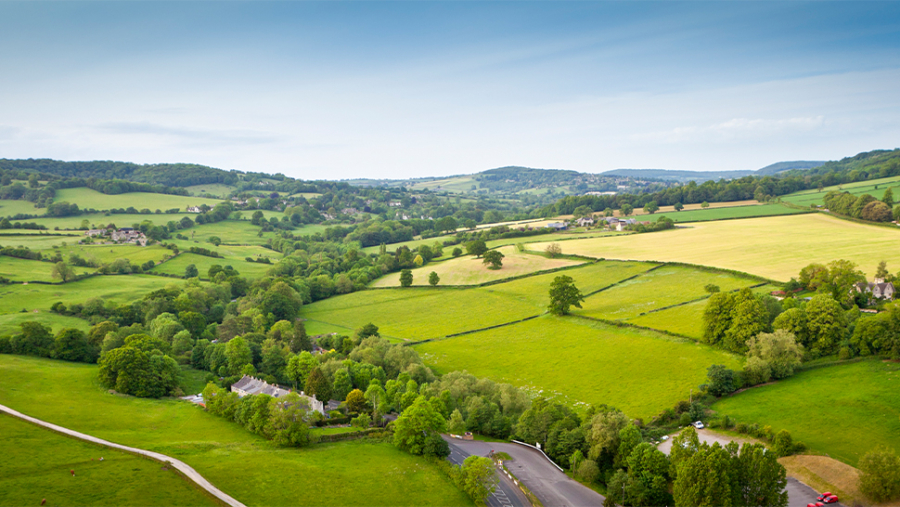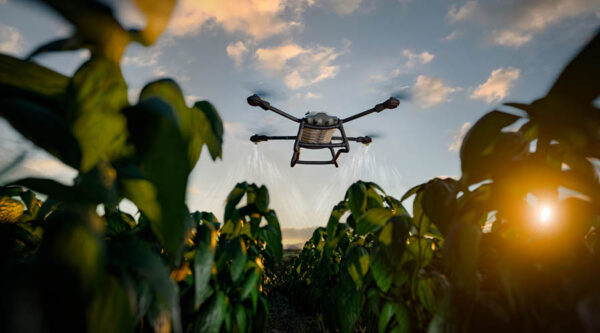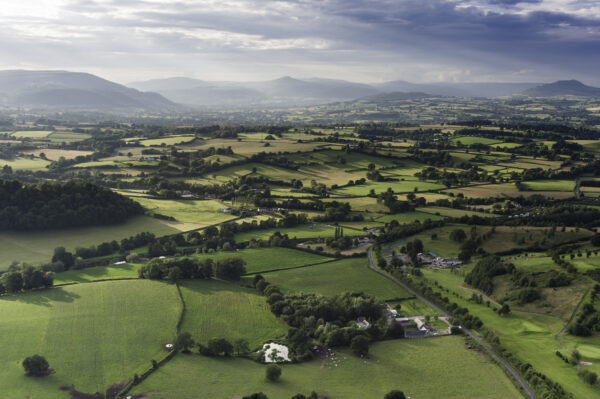

Applications for registration of land at HM Land registry are still running at a significant backlog (a hangover from the Covid-19 pandemic) and whilst being extremely rare and uncommon, property fraud still occurs even with a centrally administered register. However, the benefits of voluntarily registering your land can be argued to significantly outweigh any benefits of failing to do so both practically and financially.
Since the introduction of the Land Registration Act 2002 (LRA), the number of property dealings that trigger compulsory registration has been wide and encompasses nearly all common transactions in land. That said, being over 20 years old, the LRA is evidence of the push to get all land in England and Wales formally and electronically registered, which will bring to an end the cumbersome processes and procedures involving paper deeds.
If the majority of land dealings trigger compulsory registration, then what is the incentive to voluntarily undertake the same process? The first motivation is financial as the Land Registry charges fees for the registration of unregistered land that are higher than the fees charged for dealing with registered land. Where a first registration application is submitted by a landowner voluntarily, then the Land Registry offers a reduced fee of around 25%. If a land holding is of a significant size, the saving can be significant (and even where it is not, the reduced fee could be attractive especially at a time where balances are being stretched on all sides).
It is also worth noting that many solicitors charge extra for dealing with unregistered land due to the additional time it takes to review and deduce title, determine any rights or reservations affecting the land and identifying any potential issues. This is due to the fact that it is not uncommon for deeds to refer back through generations of purchasers/proprietors to the rights or reservations originally granted, which may then be amended or varied in subsequent deeds. With a registered title, this information is collated by the Land Registry and either entered directly onto the title register or the deed containing the relevant information is provided, saving the need to trawl through numerous deeds to get a complete picture of what benefits or affects a particular piece of land. If a holding is being split into many different lots or otherwise sold piecemeal, this additional time (and thus cost) can quickly add up to be in excess of the costs that would have incurred in submitting a voluntarily application for registration.
Registering your land will also reduce the risk of a fraud being committed involving the same. The Land Registry is diligent in identifying fraud and with the title registers being centrally administered, there is an additional layer of protection for land owners. There is still a risk that fraud can occur of course, and the Land Registry offers another set of eyes to try and prevent it taking place. A notice or restriction can also be added to the registered title requiring consent to a sale as an additional anti-fraud measure.
Registration also lessens the risk of your land being claimed by adverse possession/squatters. Where the land being applied for adverse possession is registered, or abuts registered land, as the Land Registry will have details of the parties who may be the paper title owners and can get in touch with the same, to give time for an objection to be lodged. If the land is unregistered, it is difficult for the Land Registry to notify the relevant parties which will increase the risk that an application is made without your knowledge, for it to then be found in favour of the applicant, resulting in a third party obtaining title to land that should belong to you.
Once you have registered your land it is important to retain your old deeds as they can still come in useful e.g. if there is a boundary dispute.










